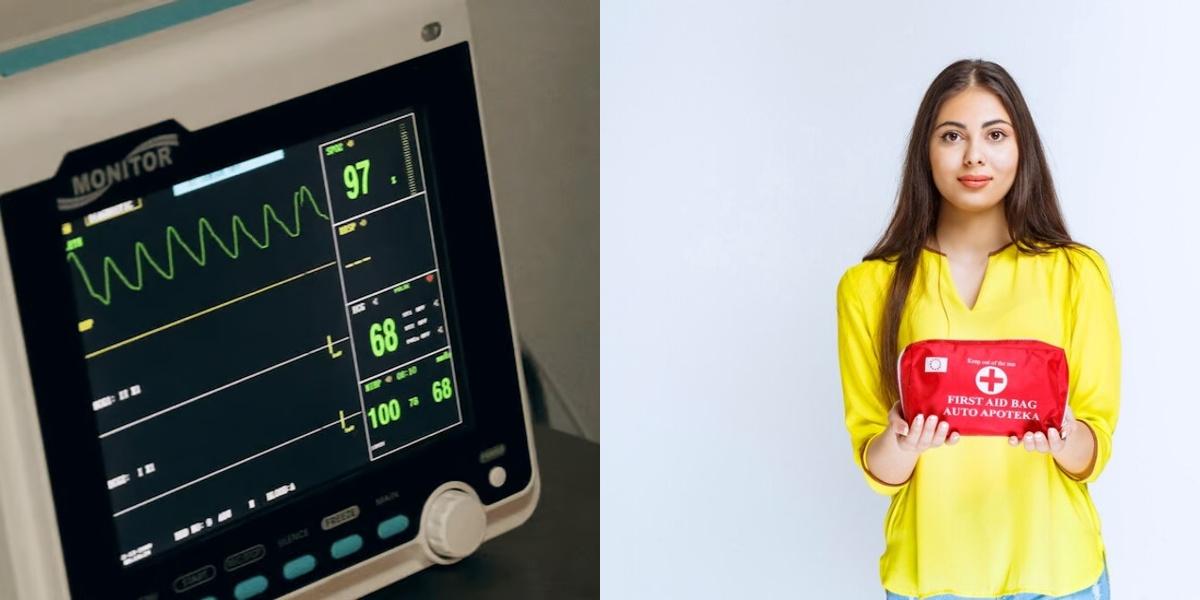EKG vs First Aid

When it comes to vocational training, there are numerous options available for students to choose from. Two popular choices are EKG (Electrocardiogram) training and First Aid training. Both of these programs offer valuable skills and knowledge that can lead to rewarding careers in the healthcare field. In this blog post, we will explore the differences between EKG and First Aid training, as well as the job description, education and training requirements, and career outlook and salary for each.
EKG vs First Aid: Education and Training
- EKG Training: To become an EKG technician, individuals must complete a vocational training program that focuses specifically on EKG procedures and interpretation. These programs are typically offered by community colleges, vocational schools, and healthcare training centers. The duration of the program can range from a few weeks to several months, depending on the intensity of the curriculum. Upon completion, students may be eligible to take a certification exam to become a Certified EKG Technician (CET).
- First Aid Training: First Aid training is more widely available and accessible compared to EKG training. It is often included as part of other healthcare programs, such as nursing or medical assisting. Additionally, standalone First Aid training courses are offered by organizations like the American Red Cross and the American Heart Association. The duration of the training can vary, but it is typically a one-day or two-day course. Upon completion, students may receive a certification in First Aid and CPR.
EKG vs First Aid: Career Outlook and Salary
- EKG Technician: The demand for EKG technicians is expected to grow in the coming years due to the aging population and the increased prevalence of cardiac conditions. According to the Bureau of Labor Statistics, the median annual wage for cardiovascular technologists and technicians, which includes EKG technicians, was $57,720 as of May 2020. The job outlook for this profession is projected to grow by 7 percent from 2019 to 2029, which is faster than the average for all occupations.
- First Aid Provider: While there is no specific job outlook or salary data for First Aid providers, the skills and knowledge gained from First Aid training can be valuable in a variety of settings. First Aid providers may find employment in workplaces, schools, sports teams, and community organizations. Some individuals may also choose to volunteer as First Aid providers during disaster relief efforts or humanitarian missions.
Final Thoughts
EKG and First Aid training are both valuable vocational programs that can lead to rewarding careers in the healthcare field. While EKG training focuses on specialized cardiac monitoring and interpretation, First Aid training provides a broader range of basic medical skills and techniques. Ultimately, the choice between EKG and First Aid training will depend on an individual's interests, career goals, and educational background. Both options offer opportunities for personal and professional growth, and can make a positive impact in the lives of others.
Dreambound's programs are available in different locations. Explore the following blogs for comprehensive details on these two vocations, including their requirements and guidelines on joining:

Fel is a student support representative who guides enrollees to the right program and answers their queries. She's committed to helping students and takes pride in her work. In her free time, she enjoys sightseeing and hanging out with loved ones.




